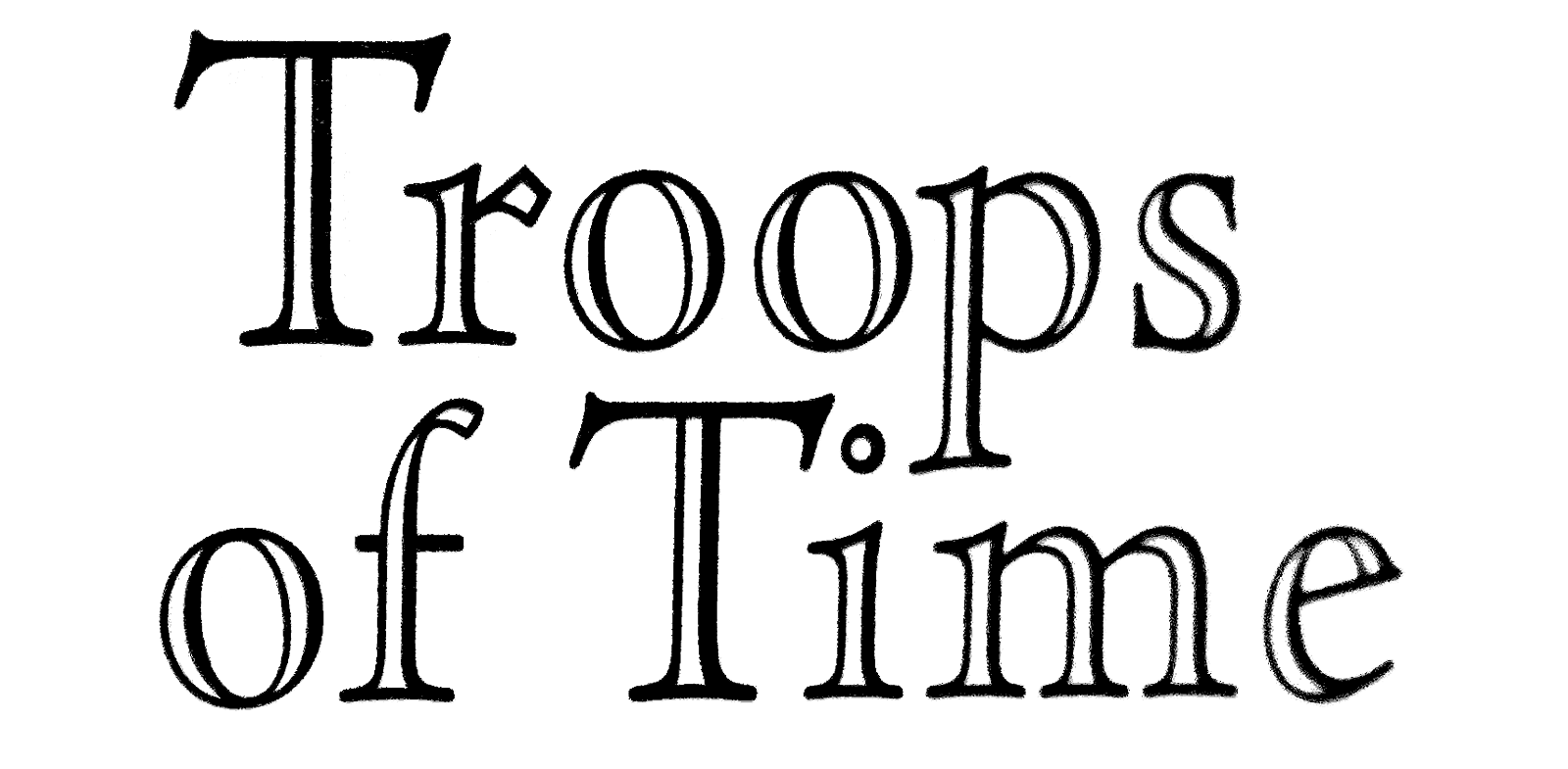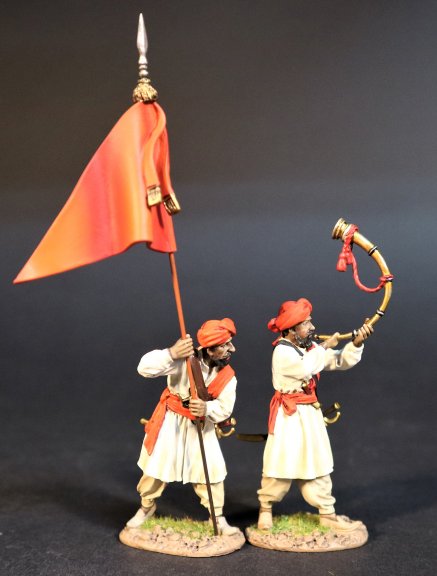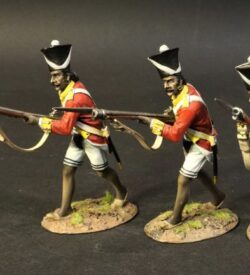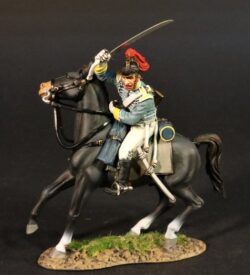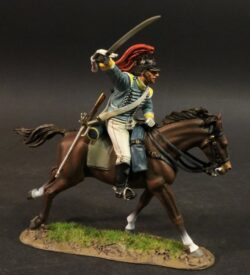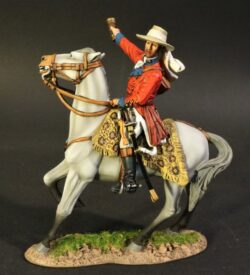M-WIN-30 Standard Bearer and Musician, Maratha Infantry
$102.00
Description
The Battle of Assaye was a major battle of the Second Anglo-Maratha War fought between the Maratha Empire and the British East India Company. It occurred on 23rd September 1803 near Assaye in Western India where an outnumbered Indian and British force under the command of Major General Arthur Wellesley (who later became the Duke of Wellington) defeated a combined Maratha army of Daulatrao Scindia and the Bhonsle Raja of Berar.
The battle was the Duke of Wellington’s first major victory and the one he later described as his finest accomplishment on the battlefield, even more so than his famous victories in the Peninsular War and his defeat of Napoleon Bonaparte at the Battle of Waterloo.
Kings, nobles and warlords have always imported mercenaries. Distrusting their own subjects, they placed faith on forces answering only to their benefactor. Through the ages, skilled and well-knit mercenary units have held inordinate power. Sometimes such units become so powerful that they turn on their employers on perceiving any threat. Sometimes, they even captured power. In India also, well-knit bands of Afghan, Turk, and African mercenaries have made great fortunes and captured power.
Arab mercenaries entered quite late in the game in India, when British supremacy had already emerged. Before the Arabs could expand their power in India — like so many foreign groups before them — their own benefactors and the British cut them down to size. However, their power and influence completely ended only in 1948. The Sultans of Gujarat and the Deccan began employing Arab mercenaries in the 16th century. However, it was the Maratha campaigns of the 18th century that led to a huge influx. Arab mercenaries mostly hailed from Yemen’s Hadhramaut region, a land known for bold and enterprising people.
In the service of the Marathas, the Arabs gained reputation as extremely skilled and reliable fighters. Thousands of Arabs served Maratha chieftains such as Scindia, Bhonsle and Gaekwad. Arab agents opened recruitment agencies in Indian ports, and some of these agents became very wealthy. Indian financiers also established ties with the Arabs to expand influence in Indian kingdoms. Tribe and clan conflicts from the homeland existed in the mercenary units, but this did not dent their efficacy or their lustre.
An Arab trooper was paid three times as much as a Deccani/Maratha trooper, and even more than a European mercenary. However, their service depended entirely upon the regularity and size of the pay. When arrears mounted, the Arabs turned on their employers till they received their dues. In one instance, the Arab mercenaries even intervened in a political crisis in Baroda state. They imprisoned Maharaja Anandrao Gaekwad and his faction had to invite the East India Company’s army to retake control.
The British were aware of the threat posed by the Arab forces — and the Anglo-Maratha wars soon demonstrated how deadly Arab units could be.
When Britain finally concluded the Anglo-Maratha wars in 1818, she ensured that the Arab mercenaries were disbanded. The British even paid the arrears so that the Arabs could leave immediately.
